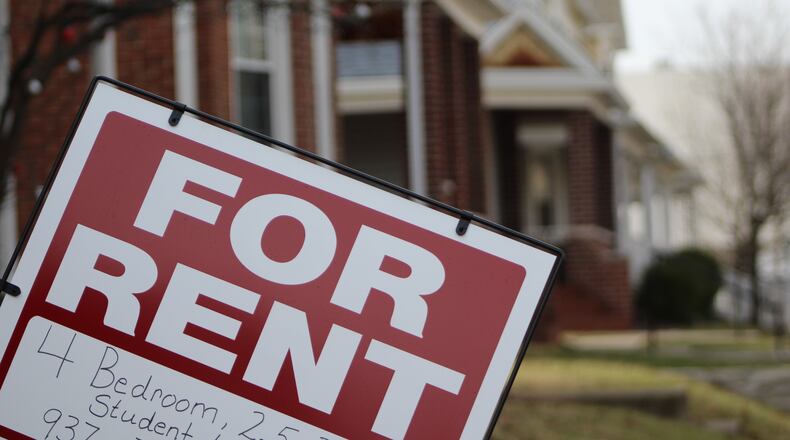In order to be eligible, residents must prove that they have been financially impacted by the coronavirus pandemic. They cannot be currently receiving a tenant-based voucher, project-based voucher, in public housing or receiving other government-based rental assistance.
This comes at a time of uncertainty for the city in regards to rental housing. A federal moratorium on evictions that was enacted due to the pandemic has recently expired.
However, it is unclear what impact that will have locally as the eviction process begins to start up again, said Greg Womacks, the executive director of the NHP of Greater Springfield.
“There is a calm before the storm. The delay has kept the status quo for now,” Womacks said.
The pandemic has also caused a spike in those seeking unemployment benefits over the past few months and some who were not laid off due to the pandemic have had to work reduced hours.
Jackie Sudhoff, the development programs administrator for the City of Springfield, said that the pandemic has added to a preexisting affordable housing problem in the city. She said that is due to additional financial hardships caused by the pandemic for some residents.
The idea is to be proactive in setting funding aside for a rental assistance program in order to provide a safety net for those having trouble covering rent and utility payments amid the pandemic.
She said that is important since they do not know for certain what the local eviction rate will look like in the coming months.
Currently the city is under contact with the NHP to provide $75,000 in federal relief funds provided by the CARES Act and awarded by U.S. Department of Housing and Urban Development.
Sudhoff said the city is also using $125,000 in non-coronavirus related funding that has been awarded through HUD’s Home Partnership Program for additional rent and utility assistance.
In total, the city has been awarded over $2 million in HUD grants using money set aside by the CARES Act. Some of those funds will also be allocated for rent and utility assistance through the Interfaith Hospitality Network, which provides services for the area’s homeless population.
The CARES Act was passed by congress in March and signed into law by President Trump to bring financial relief amid the pandemic.
However, it is unclear when another coronavirus relief bill will be passed by congress as it recently went into recess. Enhanced unemployment benefits as well as the moratorium on evictions associated with the original CARES Act have since expired.
Kerri Brammer, with the NHP of Greater Springfield, said that means they may not get information regarding additional assistance for renters until September when congress is scheduled to be back in session.
Brammer said mounting financial hardships have put a number of renters in a difficult position. She said the goal of the rental assistance program is to keep those at risk of eviction in their rental homes.
“This is all in preparation. We know that the need is coming given the end of the moratorium,” Brammer added.
Sudhoff also noted that the city wants to focus on ways to keep its residents from losing their housing as it seeks to combat an increase in the city’s homeless rate amid the pandemic.
The Housing Financial Assistance Program is designed to offer three months of rental and utility assistance, up to a maximum of $1,500 per month. The furthest back that the program will go regarding past due payments is April 1, according to information provided by the NHP.
Funding from that program will be disbursed directly to landlords or those providing utility services on behalf of the tenant.
For more information, contact the NHP of Greater Springfield by calling 937-322-4623.
About the Author

